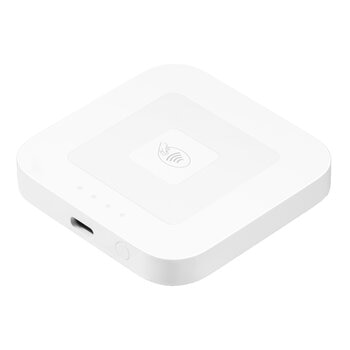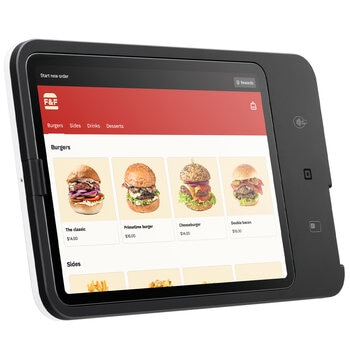It comes around every year for small businesses: tax time. Ease the stress and last minute panic this year by making sure you’re prepared.
The key to tax preparation for your small business is to manage the process. Don’t leave everything until the last minute and don’t procrastinate; get your business on sound financial footing and then you can worry about other things. The following steps will help you check off your pre-June 30 tax tasks in plenty of time and ensure that you maximise your deductions.
For starters it’s important that you complete your business profit and loss statements and summarise your record of debtors and creditors to ensure that your business structure is in a healthy state.
You must also check with the ATO to see if your annual turnover makes you eligible for simplified trading stock rules, as this will determine whether you are required to conduct a stocktake. A stocktake can help you detect theft or misappropriation, and it can identify what inventory you need to buy, so you can ensure you don’t have too much or too little inventory on hand.
Collating records of asset purchases and expenditure on improvements to assets will help you with calculating depreciation expense claims and for capital gains tax purposes. Be sure to double check the instant asset write-off threshold before making a claim—the ATO lists its classifications of eligible businesses, date ranges and thresholds online. It may also be worth having a chat to your accountant about the value of investing in your business.
Make sure your yearly reports or returns for PAYG withholding, fringe benefits tax (FBT), Goods and Services Tax (GST) and the taxable payments reporting system for the building and construction industry are on track. It’s also a good time to write off your bad debts and make sure your superannuation payments are covered and received by the super funds involved.
What you can claim
You should claim most business expenses as tax deductions to reduce your taxable income. Generally most money you receive from running your business is assessable income and most of the costs you incur can be claimed as tax deductions, as long as they directly relate to earning your income. Be sensible here or you may risk an Australian Tax Office audit. Check with your accountant if you are unsure about claimable deductions.
Apart from your day to day costs of doing business, consider other possible deductions such as the cost of setting up a website, your legitimate business motor vehicle expenses, diesel fuel, your home office and business travel expenses, and machinery, tools and computers.
Conduct a self-audit
As you are going to be busy tidying up your finances, now is also a good time to spring clean your business operations. Review your business structure. Take a long, hard look at your payroll activity. Outstanding leave and long service entitlements should be reviewed. Make sure you have a cash flow forecast in place—it’s not enough to just hope that next month will be better. You need to be able to pay your bills every month.
Check that your insurance policies are up to date and review your IT hardware and software requirements for upgrades or replacements. Make sure your business records are properly backed up and stored in a secure off-site location along with your registration, financial and customer data, and other important business documents.
This will ensure your business stays afloat if there’s an unexpected event, such as a fire, flood, or any other unforeseen disaster.
Stay up with the play
When it comes to tax, the rules do change and you need to be aware of the latest round of variations. The best way to make sure you’re lodging your tax correctly is through checking the ATO’s website regularly.
The ATO provides clear breakdowns of the claims businesses are eligible to make, the benefits they’re entitled to, and more. And of course, you can also find an exhaustive list of dates to help with figuring out which items you can claim, and when each rule comes in and out of effect.
If you have further queries, be sure to take them to your accountant early! This is extra important if you’re a new small business owner—every cent counts when adding up your entitlements.
So if you get organised, tax time needn’t be a period of dread for you and your accountant. It’s just a matter of being prepared and leaving yourself enough time to get your financial ducks in a row. Not only will this give you peace of mind and give you the knowledge you need for the following financial year, but it may also help you run a more successful and profitable business moving forward.
Originally published in The Costco Connection, Winter 2016. Pick up the latest copy at your local warehouse or read it online.




